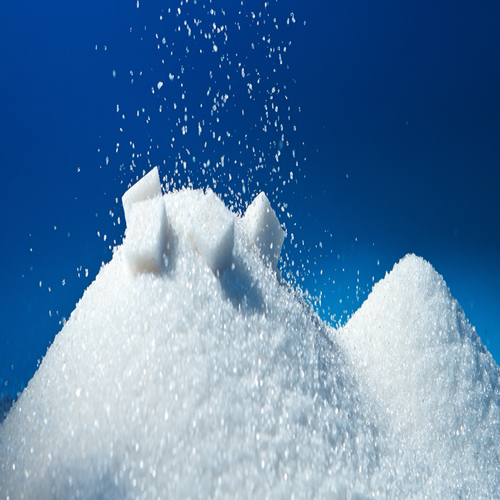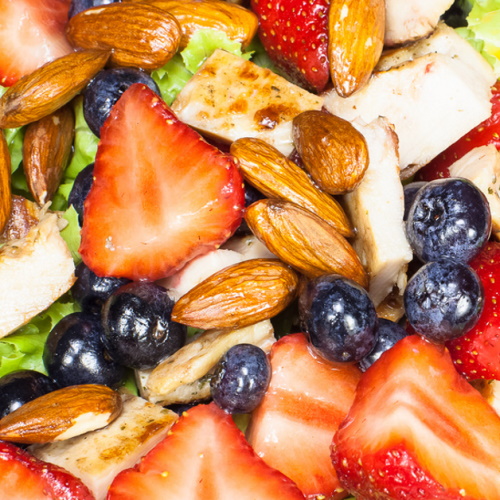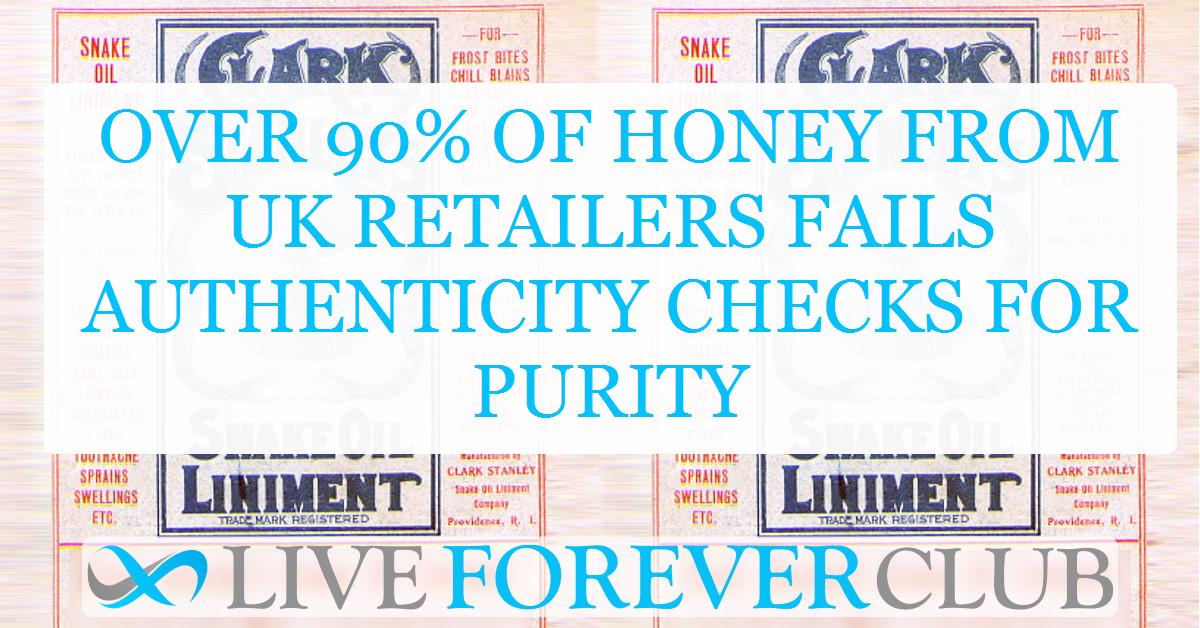Key points from article :
A recent investigation by the Honey Authenticity Network UK revealed that over 90% of honey products from large British retailers may be adulterated. This discovery emerged after the network sent 30 samples—25 from major retailers and five from UK beekeepers—to Estonia’s Celvia research institute for a unique DNA-based authenticity test.
The Celvia test compares honey DNA against a database of over 500 genuine samples, revealing that only the beekeeper-sourced honey was entirely authentic. Of the retailer samples, 24 out of 25 showed signs of adulteration, likely through the addition of cheaper sugar syrups.
Despite these findings, some industry groups, including the British Honey Importers and Packers Association (BHIPA), question the test's validity, citing concerns about the testing methodology. They argue that the majority of honey in the UK is of high quality and that tests like Celvia’s need further independent validation before being used for enforcement. Meanwhile, UK retailers claim they conduct regular checks to ensure product quality and authenticity.
This isn’t an isolated issue; last year, an EU investigation found nearly half of the imported honey samples to be fraudulent. As one of the largest importers of Chinese honey, the UK faces challenges with adulterated honey entering the market. Beekeepers like Paul Horton argue for more rigorous testing and clear country-of-origin labels to help consumers identify authentic, locally sourced honey.
With support from the EU, Celvia’s DNA-testing approach continues to improve, aiming to help enforce honey authenticity standards. The UK government, Food Standards Agency, and retailers are working with international bodies to refine testing methods and protect consumers from honey fraud, as public trust in supermarket honey faces increasing scrutiny.






